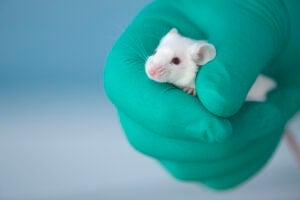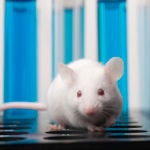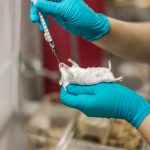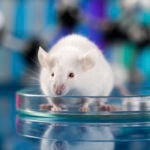
SEOUL—Humane Society International congratulates Assembly member Jeong-ae Han on the National Assembly’s passage of her amendment to the Chemical Consumer Products and Biocides law, promoting alternatives to animal testing.
Assembly member Han, who previously sponsored and helped to pass a similar bill revising the Act on the Registration and Evaluation of Chemical Substances (K-REACH) to prioritize alternative methods, said, “I am very pleased to see another major amendment prioritizing alternatives to animal testing. With the K-REACH amendment, we learned that policy support is very important not only for government authorities but to encourage chemical companies and research institutions to collaborate on the development of better and more humane safety tests for consumers. With these two amendments, it is my hope that Korean chemical industries will have the stimulus necessary to become global leaders in advancing ethical approaches for consumer safety.”
Han’s measure adds to existing law the principle of minimizing vertebrate animal testing and includes support and incentives for small- to medium-sized enterprises to avoid repeated animal testing and to develop and disseminate alternatives to vertebrate animal testing.
HSI’s Senior Policy Manager for Korea Borami Seo said, “Through stakeholder meetings with policymakers and others, HSI has been advocating for the inclusion of language in Korean chemical legislation that promotes the development and adoption of human-based approaches. Many Korean chemical industries support the idea of replacing animal testing with better predictive tools for chemical safety. We hope that with this bill, environmental authorities will provide strong implementation plans to accelerate the move away from animal testing.”
Background
Last December, Korea’s Presidential Advisory Council on Science & Technology published a report on chemical management that advises a shift away from animal testing toward a predictive paradigm based on molecular characterization of chemical activity. This includes supporting Adverse Outcome Pathway research and biotechnology such as omics-based data analysis (comprehensive genetic or molecular profile evaluation of human and nonhuman animals), 3D models or organ-on-a-chip.
In 2019, the US EPA announced that it will eliminate all mammal studies by 2035 and committed significant funding to advance non-mammalian safety testing, in order to “ensure production of human health and the environment.”
END
Media contact: Borami Seo, bseo@hsi.org







